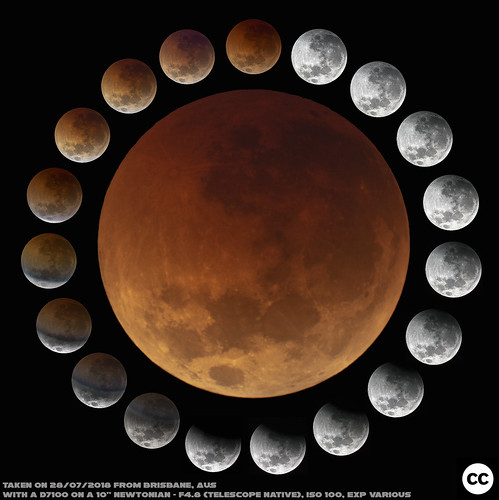The meeting: Orion, Scorpius and Rukapillan
Place: Villarrica volcano, La Araucania region, Chile.
Date: January 17th, 2020
Time: 04:00 AM
Story: It is well known that the constellations of Orion and Scorpion mark the beginning and end of the seasons in the year.
In fact, in Greek mythology it is said that the goddess Gea created a giant scorpion to chase the hunter Orion, and thus protect the animals and humans of the Earth , but that in a fatal encounter, where both were already dying, the gods decided to commemorate the Scorpion by putting him in the sky, and Orion not to leave him in oblivion but if by way of torture, the Scorpion would pursue him eternally, so then never we see both contelations together in the night sky.
Except in certain latitudes (Here is latitude 39°S) at certain times, with enough opening to the East and West, we can appreciate these 2 giants, and thus also have this panoramic view of 3 arms of the Milky Way: Orion, Carina and Sagittarius.
It was also a night of company with the most active volcano in Chile, the Rukapillan (Villarrica volcano) and this chemamull (sacred mapuche sculpture) at its feet.
Equipment: Nikon d850, Lens Nikkor 14-24 f2.8 and Tripod Benro GA168TB1
Exif of each photo: 14mm f2.8 ISO 6400 30"
Panorama: 20 photos
Social:
http://www.instagram.com/cariletelier_foto
http://www.cariletelier.com










